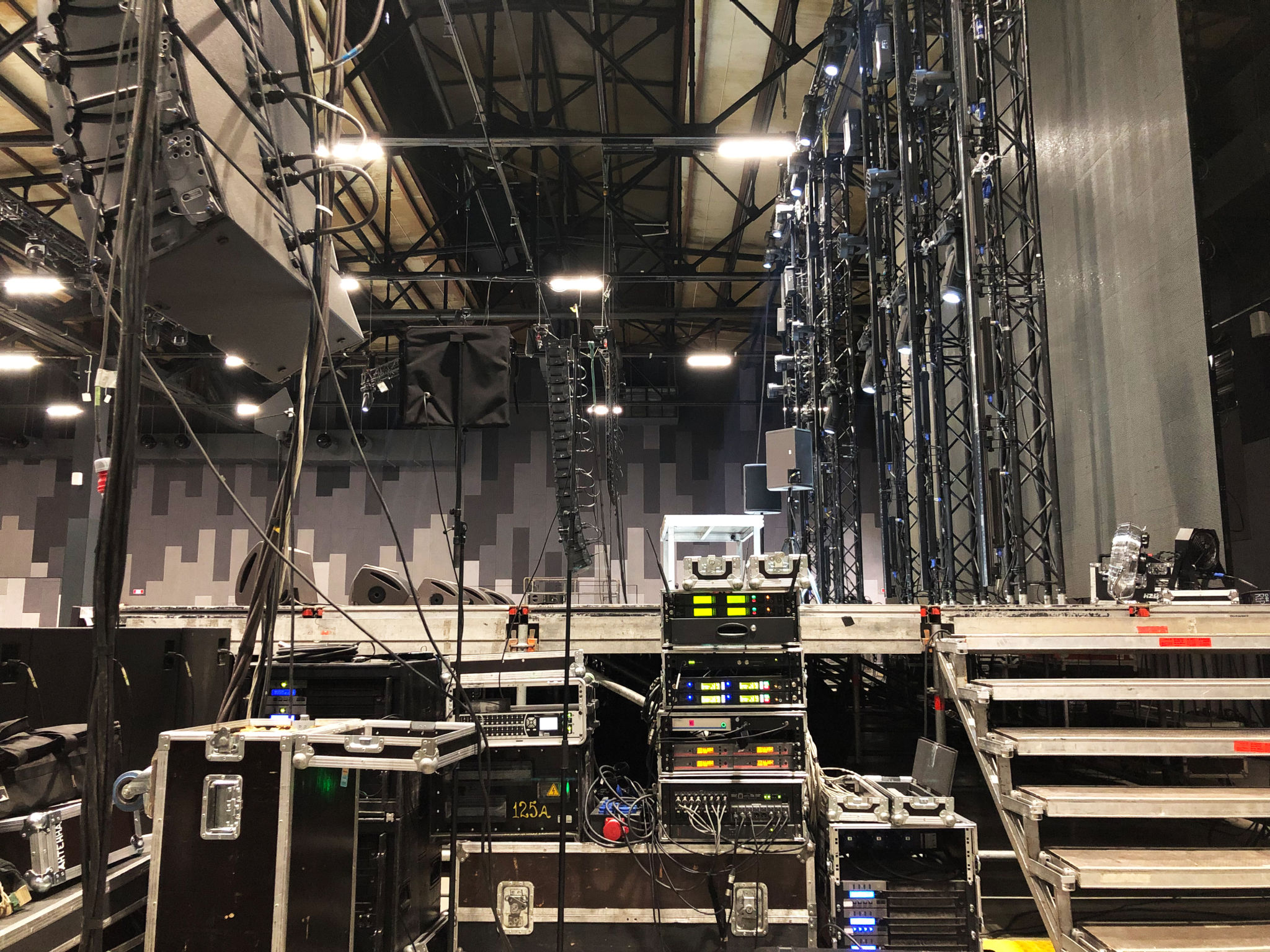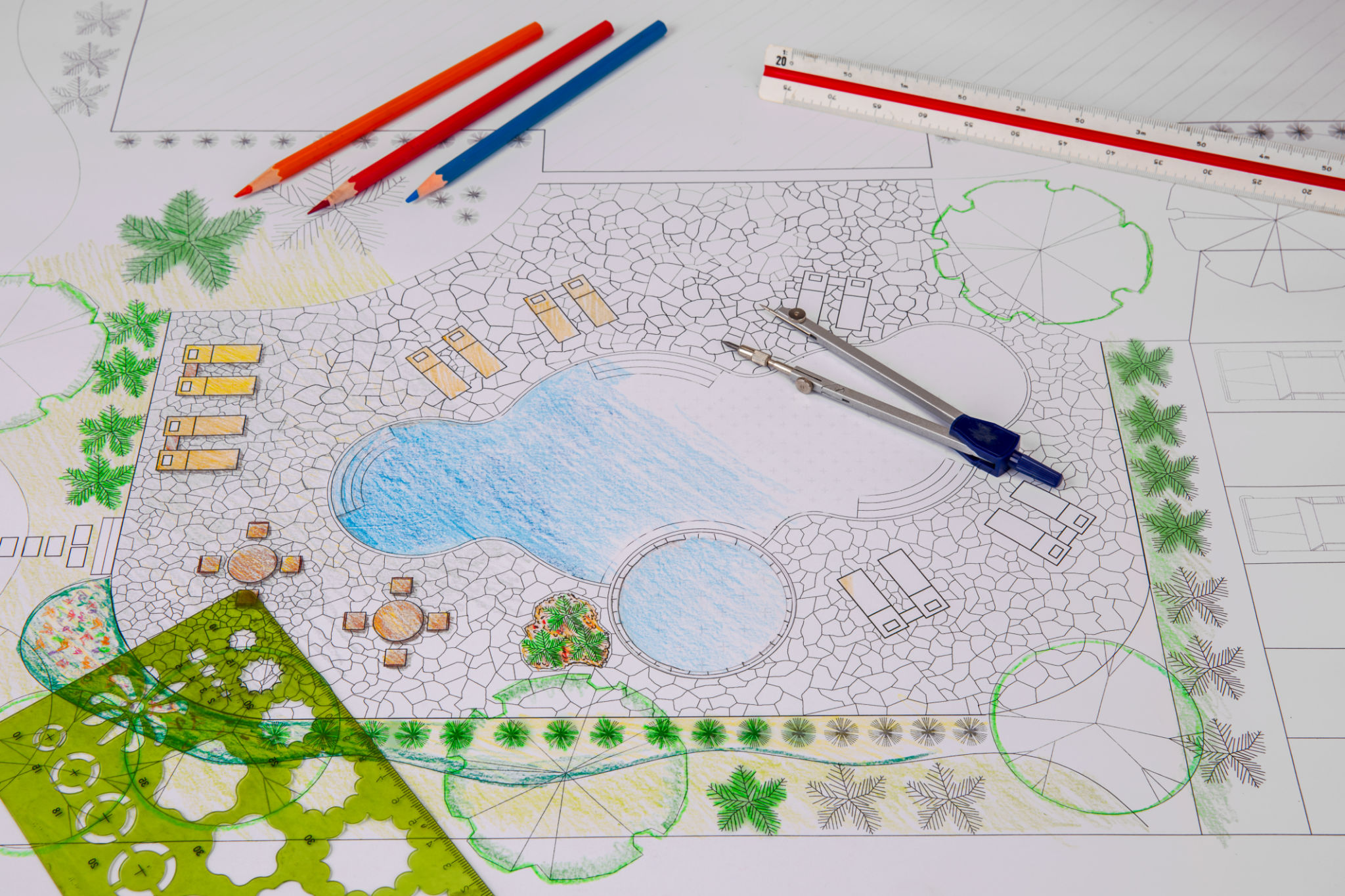Common Event Planning Mistakes and How to Avoid Them
Understanding the Basics of Event Planning
Event planning is an intricate process that requires attention to detail, creativity, and organizational skills. Whether it's a corporate seminar, a wedding, or a community gathering, the success of an event lies in meticulous planning. However, common mistakes can derail even the best-laid plans. Understanding these pitfalls is essential to ensure your event runs smoothly and achieves its goals.

Setting Realistic Budgets
One of the most frequent mistakes in event planning is not setting a realistic budget. It's easy to underestimate costs or overlook hidden expenses, leading to financial strain. To avoid this, create a comprehensive budget that includes all possible expenses such as venue rental, catering, decorations, and unforeseen costs. Regularly reviewing and adjusting the budget can also prevent overspending.
Failing to Prioritize Tasks
Another common error is failing to prioritize tasks. With numerous responsibilities, it’s crucial to differentiate between urgent and less critical tasks. Using a priority list or a timeline can help keep everything on track. This ensures that nothing is left to the last minute, reducing stress and allowing for adjustments if necessary.

Choosing the Right Venue
The venue plays a significant role in the success of an event. A common mistake is choosing a location based on aesthetics rather than practicality. While a beautiful venue is important, consider factors such as accessibility, capacity, and facilities available. A well-suited venue can enhance the guest experience and contribute to the event's success.
Ineffective Communication
Communication breakdowns can lead to confusion and errors during event planning. Ensuring clear and open lines of communication with all stakeholders, including vendors, team members, and attendees, is vital. Regular meetings and updates can prevent misunderstandings and keep everyone on the same page.

Overlooking Contingency Plans
Events rarely go exactly as planned, which is why having contingency plans in place is crucial. Overlooking this aspect can lead to chaos if something goes wrong. Consider potential risks and have backup plans for key elements such as weather-related issues for outdoor events or technical failures. Being prepared for the unexpected can save time and resources.
Inefficient Time Management
Poor time management is another common mistake that can affect an event's success. It’s important to allocate sufficient time for each phase of the planning process. Break down tasks into manageable steps and set realistic deadlines. By staying organized and adhering to a timeline, you can avoid last-minute rushes and ensure everything is in place before the event day.
Neglecting Attendee Experience
Finally, neglecting the attendee experience is a critical oversight in event planning. The primary goal of any event should be to provide value and enjoyment to attendees. Consider their needs and preferences when planning activities, seating arrangements, and catering options. Engaging with attendees through surveys or feedback forms can also provide insights for future improvements.
By being aware of these common event planning mistakes and taking proactive steps to avoid them, you can create memorable and successful events that leave a lasting impression on your attendees.
